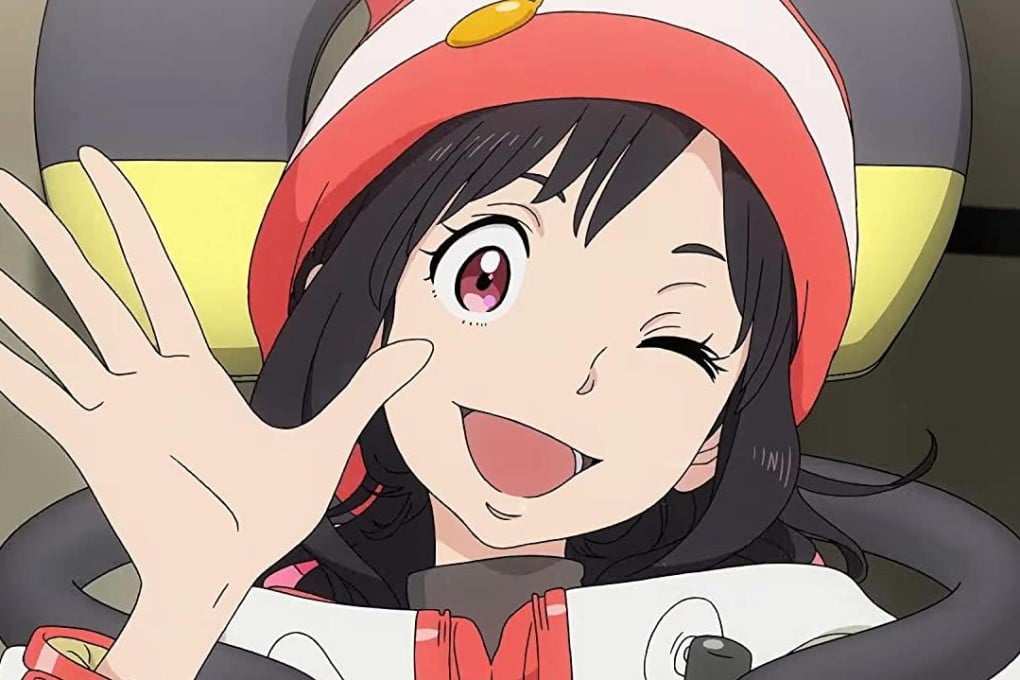Review | Netflix drama review: The Orbital Children – Japanese anime is beautiful but boring, and incredibly disorienting
- Despite undeniably stunning and detailed animation, The Orbital Children gets bogged down in technobabble and existential musings
- It’s also disappointing that none of the child characters experience much of an emotional or developmental arc over the course of the show

2/5 stars
An asteroid collision with an orbiting space station leaves a handful of children stranded in space in Mitsuo Iso’s new animated work, The Orbital Children. While it is scheduled for a cinema release in Japan in two feature-length instalments, Netflix has staged a simultaneous streaming release, dividing the saga into six half-hour episodes, all of which are now available on its platform.
Set in the year 2045, The Orbital Children follows a trio of youngsters as they arrive at Anshin, a state-of-the-art space hotel, constructed by Japan and now operated by the US company Deegle and their in-house A.I. system, Twelve.
Fourteen-year-old “white hat hacker” Taiyo, the similarly aged “SkyTuber” Mina, as well as her younger brother Hiroshi, are the winners of Deegle’s Youth Space Experience Promotion, and will spend their time aboard the space station – the first designed specifically to cater to children – with Touya and Konoha, the last surviving moon children.
Born on a now-defunct moon colony, Touya and Konoha are fitted with electronic implants designed to help them adapt to the Earth’s gravity. Unfortunately, the implants were designed by an earlier A.I. system known as Seven, which was destroyed in an event referred to as the Lunatic Seven Incident.